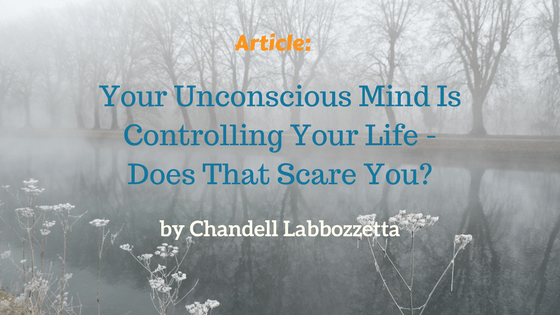#TuesdayTips
“90% of your life is controlled by your unconscious mind, And only 10% of your life is lived consciously!”
When you think about it, that’s a scary statistic!
You may think that you are in control of your life, but the reality is that the way you process information and respond to situations is mostly done on autopilot. If you’ve ever been in a situation and responded instinctively – or had someone respond to you and thought, “Where on earth did that come from?” you’ve seen the unconscious mind in action.
It might be a strong reaction to some sound or smell that is totally out of proportion to the cause – like the feeling of sadness that wells up when you hear a song that your memory links to time of sadness or stress. On the surface it seems like a totally irrational response, but the reality is that it is a deeply-rooted and natural outcome of a habit, belief, or experience that may be so deeply buried in your unconscious mind that you don’t even remember it.
In fact, while many people are aware that they have an unconscious mind they are usually unaware that the unconscious mind controls 90% of their lives. That means that we are only consciously controlling 10% of our lives, the rest is directed by our unconscious mind – by the habits we form, and the attitudes we learn either deliberately or by chance.





